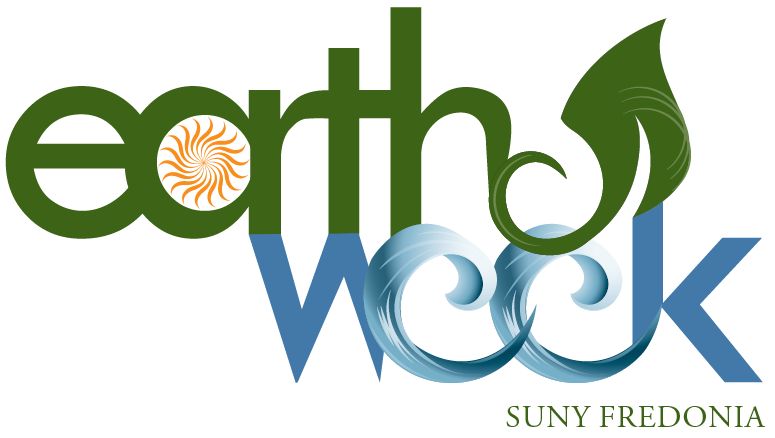Small Class Sizes
Fredonia offers the smaller class sizes and individualized instruction and advisement of a small college, while providing the opportunities associated with larger institutions.![]() Additionally, Fredonia is one of the leaders in sustainability initiatives and activities across all of the SUNY schools through the work of the Sustainability Committee which organizes such events as Earth Week,
Additionally, Fredonia is one of the leaders in sustainability initiatives and activities across all of the SUNY schools through the work of the Sustainability Committee which organizes such events as Earth Week, as well as the student groups - the Student Association and the Campus Climate Challenge. Fredonia allows students to learn both inside and outside of the classroom, encouraging them to not just think, but to act, and doing so all within our friendly, supportive campus community environment.
as well as the student groups - the Student Association and the Campus Climate Challenge. Fredonia allows students to learn both inside and outside of the classroom, encouraging them to not just think, but to act, and doing so all within our friendly, supportive campus community environment.
All lecture courses at Fredonia are much smaller than those found at larger research institutions. The average class size at Fredonia is 25 students and those within Geology and Environmental Sciences are typically around 12. Smaller class sizes not only allow for more personalized instruction, encouraging interactions between faculty and students, but also allow for more engaged activities. Beyond the first year, most biology, geosciences, and environmental sciences courses rely upon field-based work getting students out of the classroom and into the environment. Additionally, many of the advanced courses within our program involve community-based research in which the students are working to investigate and understand real issues within our local community.
Personalized Advisement
We are committed to graduating students in the most timely manner possible, while understanding the abilities and interests of each individual student. Students meet with their advisors for a 30-minute advising session before each registration period, and are encouraged to contact their faculty advisor either via email or in-person whenever they have questions or concerns. From the first advisement, a full plan of what classes to take each semester to graduation is laid out. This plan may change as students' progress in the program and given their particular interests, but the plan provides a foundation for the student-adviser team to work from to ensure all graduation requirements are being met in a timely fashion.
Internships & Research Opportunities
All Geology and Environmental Sciences majors are required to complete at least 3-credit hours of "field camp" or "practicum" as part of their graduation requirements. Field camp is typically fulfilled through other institutions, while practicum credit for Environmental Sciences can be fulfilled either through an internship or through research with a faculty adviser. The practicum requirement is an integral aspect of the program as it provides our students with important practical experience they need outside of their classroom learning experiences.
Our students have completed internships through, among others: the NYS Department of Environmental Conservation, Student Conservation Association, Food & Water Watch, National Park Service, Chautauqua County Department of Health, Chautauqua County Soil and Water Conservation District, Energy Justice Network, Hamburg Natural History Society (Penn Dixie), and the National Science Foundation's Research Experience for Undergraduates (REU) program. Please visit our internships page for more information.
All environmental sciences faculty maintain active research programs involving undergraduate research assistants. Please visit our faculty research interests page for more information.
Engagement
Whether through field-based classwork, service-learning activities, events occurring both on- and off-campus, community-based research or internships, the Geology and Environmental Sciences programs at Fredonia are all about engagement- engaging students in their studies, in their campus and in their community.
"...learning always occurs in a context of taking action, and they value engagement and experience as the most effective strategies for deep learning."
— Richard DuFour
